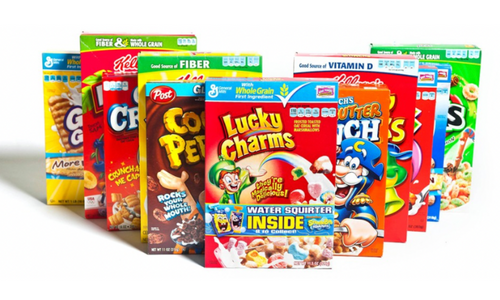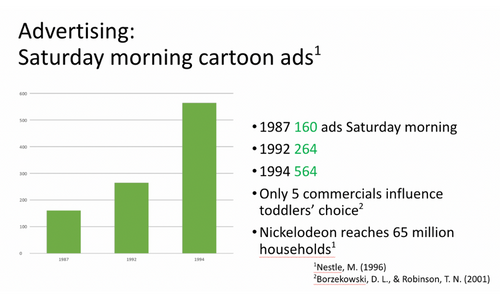Food Freedom | Part 1 of 2

Issue No. 2 | Brought to you by the Addiction Reset Community – ARC
Unlocking the secrets of processed food addiction and guiding you to find freedom from food and weight obsession.

Approximately two billion people around the world suffer from overweight or obesity and a broad range of diet-related diseases of the scourge of processed food addiction. Caught in the vicious grips of the Big Food and Dieting industries’ surround marketing business model, people struggling with Processed Food Addiction (PFA) are mostly unaware of the realities of it. Those afflicted by PFA live with self-blame, guilt and shame of losing control of their food and are unable to break free of the shackles of food and weight obsession.
The Addiction Reset Community (ARC) is the world’s leading authority on Processed Food Addiction (PFA) recovery and is raising global awareness of the scientific evidence for processed food addiction, its causes, and its severity. The ARC is also shining a light on the path to recovery. Food Addiction CAN be put into remission.
Where did it all start?
Food Addiction is not your fault… Big Tobacco corrupted our food!
Before big tobacco conglomerates took control of the processed food industry, we mostly ate real foods.
In the 1980's as the tobacco industry was facing increased scrutiny from health authorities, executives began looking for an alternate industry to apply their Addiction Business Model. In 1985 RJ Reynolds bought 85% of Nabisco and Phillip Morris bought General Foods. In 1988 Phillip Morris went on to buy Kraft Foods and by then, controlled 10% of all American food purchases.

There is a tremendous amount of evidence that the tobacco industry transferred its expertise in nicotine addiction, to processed foods and also applied addiction-inducing marketing tactics to promote their modified “food substances”, to reach the widest possible audience, at the youngest possible age.
BIG TOBACCO changed the processed foods business into an addiction business!
After the tobacco industry moved into food, there was a dramatic increase in the advertising of addictive foods to children during Saturday morning cartoon programming. On Nickelodeon alone, the number of commercials for processed foods increased from just five advertisements between 09:00 - 12:00 to over 500!!

A Stanford University study indicated that it only took 5 impressions to influence children's choices of food, making the 500 impressions on a Saturday morning extremely harmful to children as it deliberately promoted addiction. Research shows a direct correlation between the increase in advertising of processed foods to children and the rise in childhood obesity - which increased by 50% in just 10 years!!

Today, over 65% of food consumed by Americans /globally? is highly processed and addictive.
In our next issue, we will discuss the faces behind addictive neuromarketing.
Many people reach out to Joan asking for advice and assistance on how they can begin their recovery journey.
Dear Joan
“I have been trying to eat clean and stay off processed food for years. I manage to stay off them for a little while and then I just lose control. Why can’t I just get control over my food?”
Joan’s response:
Ending loss of control takes a long time because the food industry has been teaching the reward pathways in our brains to crave for decades. By putting addictive sugars, excessive salt, and fat into our food and addicting our reward pathways, and then surrounding us with advertising and availability, the processed food industry has deeply addicted our brains.
It could take years to reteach those brain cells to stop craving and stay calm when stimulated by advertising and availability.
The research shows that In the early stages of recovery, the reward pathways are still very sensitive to food messages. It's easy to keep lapsing while those brain cells are so sensitive. By immersing those sensitive brain cells in compassion, encouragement, and calmness, they can regain their ability to stay calm when provoked by advertising and availability.
DISCLAIMER:
Dr Joan Ifland (PhD) is a global expert on the subject of processed food addiction and is not a medical doctor. Information and response shared in this Newsletter are not intended for, and should not be construed as medical advice.

Do you have a question? Reach out to us with your questions about food addiction and recovery at gethelp@foodaddictionreset.com
Are you showing signs of Processed Food Addiction? Take this self-quiz to find out now!

Recent copies of Dr Joan Ifland's Blog:


